Board Member John Paulson Shows Close Ties to Trump
John Paulson, a member of the Board of Trustees at NYU, was chosen to be a part of Donald Trump’s economic advisory team.
December 2, 2016
As students try to imagine what a Donald Trump presidency will look like at NYU, Board of Trustees member John Paulson remains an influential figure in the economic policy of the soon-to-be president. He gave the maximum $2,700 campaign donation directly to Trump; contributed an additional $250,000 through a Joint Fundraising Committee called Trump Victory; and has served as an integral economic advisor on Trump’s team.
Trump made Paulson — the billionaire hedge-fund manager who made a chunk of his fortune during the 2007 subprime mortgage crisis — part of his economic advisory team during his campaign in August. That same team included longtime Goldman Sachs executive Steve Mnuchin and Alabama Senator Jeff Sessions, who he appointed to Treasury Secretary and Attorney General, respectively. Paulson’s spot on this team of Trump insiders indicates his proximity to Trump.
In a recent interview with WSN, President Andrew Hamilton alluded to the different challenges the university could face if Trump’s economic policy aligns with that of his campaign rhetoric. Hamilton mentioned the uncertainty of federal funding for both student loan programs such as the Pell Grants and research in the sciences, all of which he characterized as “a major part of NYU’s budget.”
Hamilton also expressed this in several emails to the NYU community, where he said that “financial assistance to non-citizens (documented or undocumented) will remain independent of federal funding.” However, should additional strain be placed on Pell Grant funding — an area in which NYU ranks well below the national average — socioeconomic diversity on campus could dip noticeably.
Pell Grants are federal grants that typically go to students from families making under $70,000 per year. Only 18 percent of students at NYU are Pell Grant-eligible, while the national average for universities sits at 33 percent. This places NYU 156th of 179 qualified universities in the New York Times annual Access Index, which gages and ranks how accessible a college is to low-income students.
Community wide, Hamilton has acknowledged several times through email that, in light of the election result, there is potential for further divisiveness that would adversely affect students on campus.

Yet, as a sitting member of the board, he is obliged to work closely with other trustees, Paulson included, in shaping the agenda of the university — one that, in terms of diversity and inclusion, is in direct conflict with much of Trump’s campaign rhetoric.
When asked whether Paulson’s ties to Trump presented any conflict with student interests, university spokesperson John Beckman reiterated the university’s commitment to diversity and declined to comment specifically about Paulson.
“NYU does not comment of the political activities or beliefs of its trustees,” Beckman said in an email. “What strikes me as most notable and relevant is that NYU’s commitment to diversity and inclusion and its efforts to address affordability are strongly backed not only by the university administration, but very much by the Board as well.”
Additionally, Beckman indicated that, should students have concerns regarding anything on campus, they would still have just as much opportunity as ever to voice them. He said that as a longstanding practice of the Board, it meets with students to consult and consider their concerns.
CAS senior Afraz Khan, president of the Muslim Students Association, said that with recent acts of election-related hate — “Trump!” written on a Muslim prayer room and swastikas drawn on dorm room doors, to name two — Paulson’s Trump ties were concerning. However, he also noted that the university has still shown willingness to take action in combating discriminatory actions.
“It is concerning that someone high up within the administration has direct connections to an individual who has caused the perpetuation of violent acts against Muslims and other minority groups,” Khan said. “It is critical for the administration to make themselves accessible for minority student groups to be able to meet and discuss their current concerns.”
Khan said that this accessibility must be proven with concrete action, not only rhetoric, to hold weight.
Similarly, the Student Labor Action Movement also requested the university to take tangible steps, namely in the form of electing a student to the board — an idea Hamilton rejected when asked in a recent WSN interview. CAS senior Drew Weber, one of the club’s key organizers for placing a student on the board, expressed frustration for the screening process the university implements to decide who gets a seat at the table.
“Because we have people like Paulson on the board, it’s even more important that we have students there to act as a check on these interests,” Weber said. “If NYU isn’t willing to provide one seat to a student, I don’t know why they should be willing to provide one seat to John Paulson, a guy who has contributed so significantly to a campaign that is so discriminatory and so dangerous to the future of our country.”
Email Bobby Wagner at [email protected].

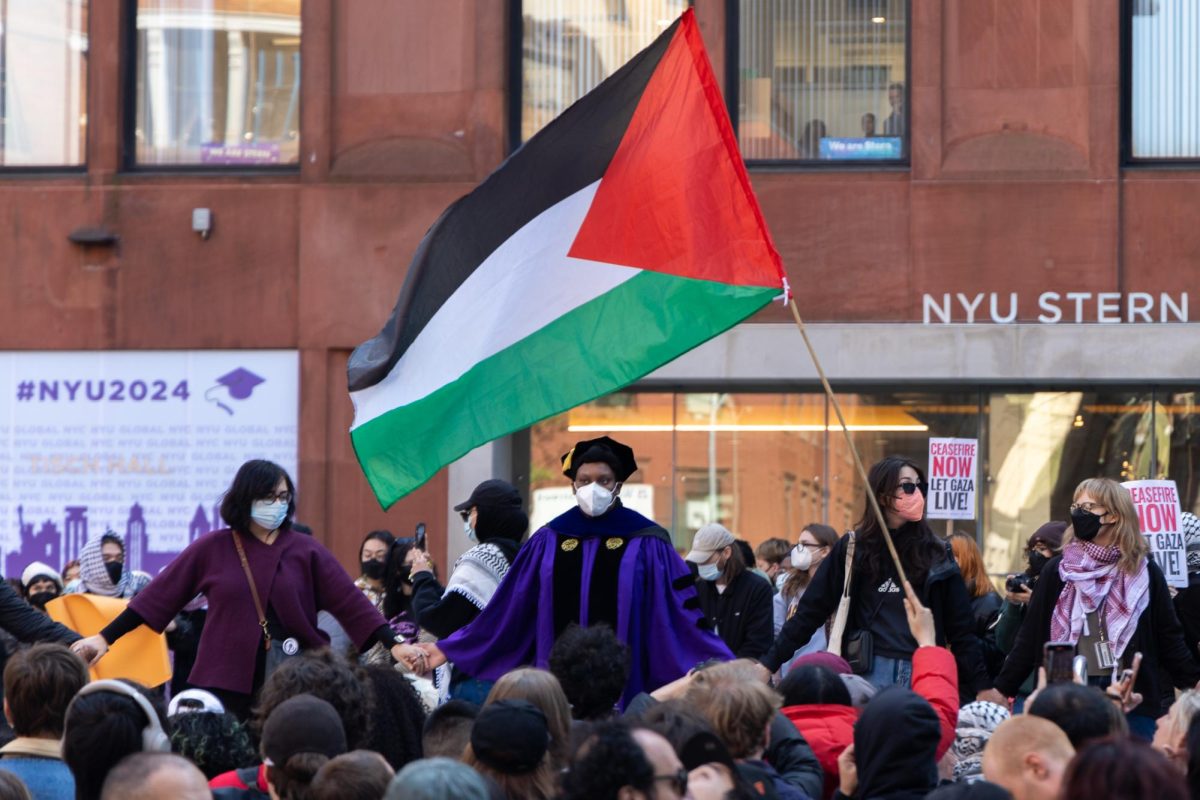
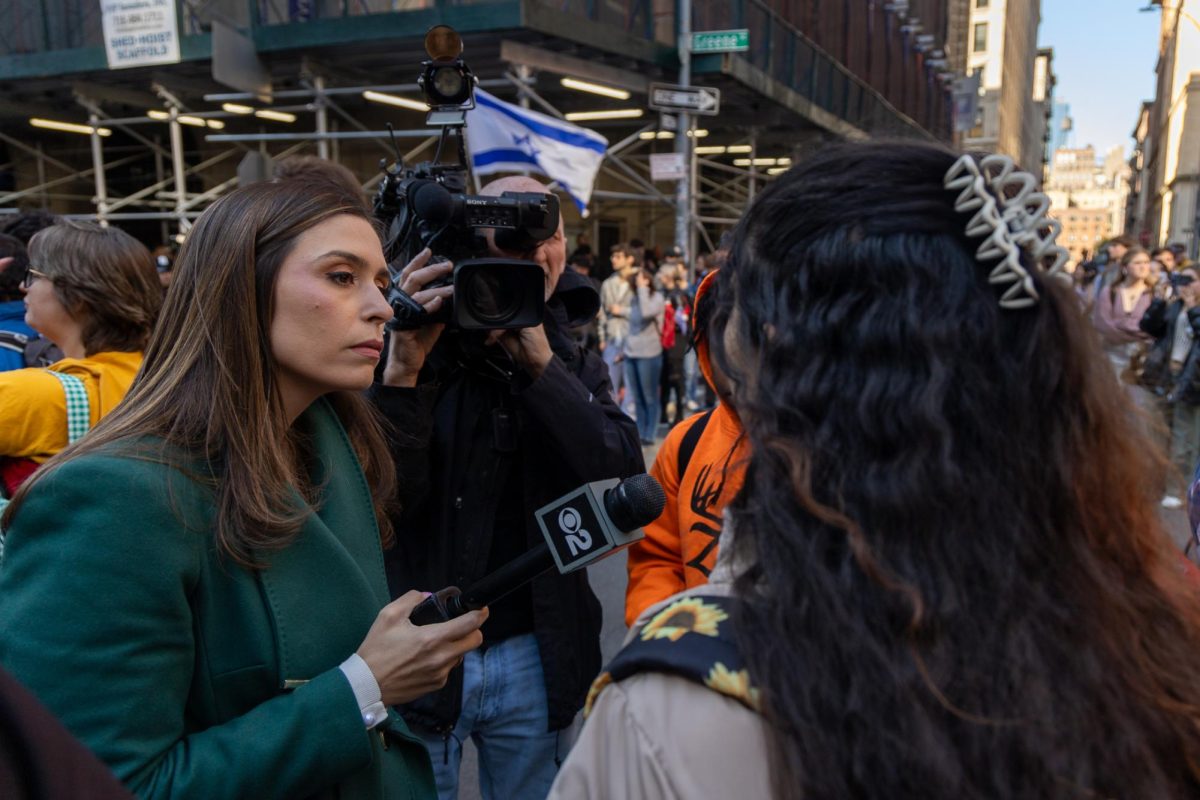
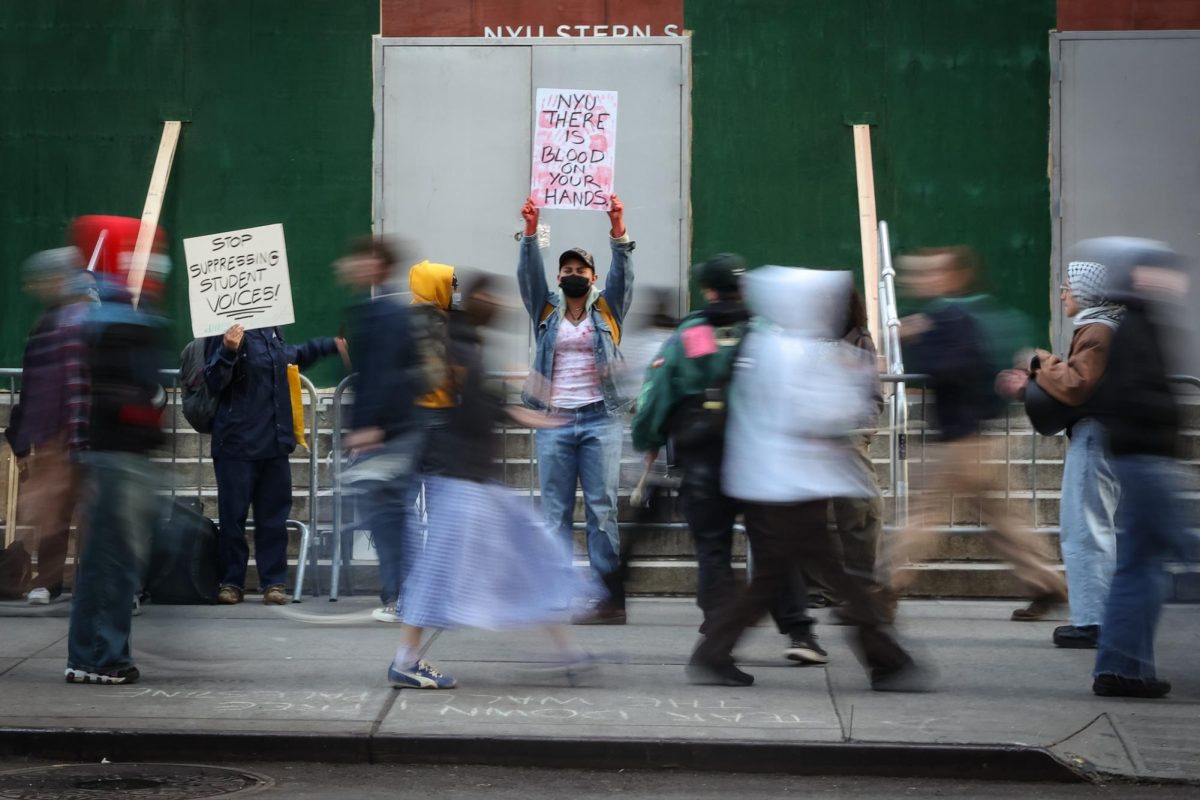
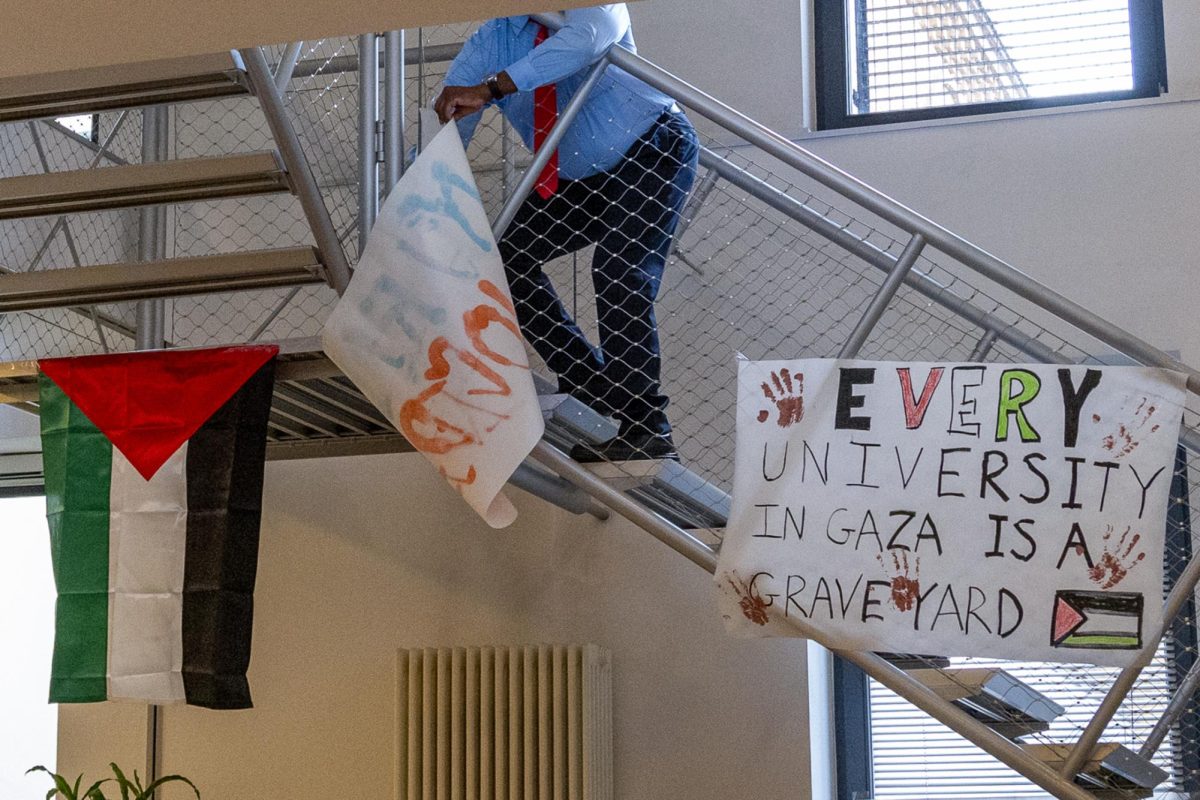






































































































































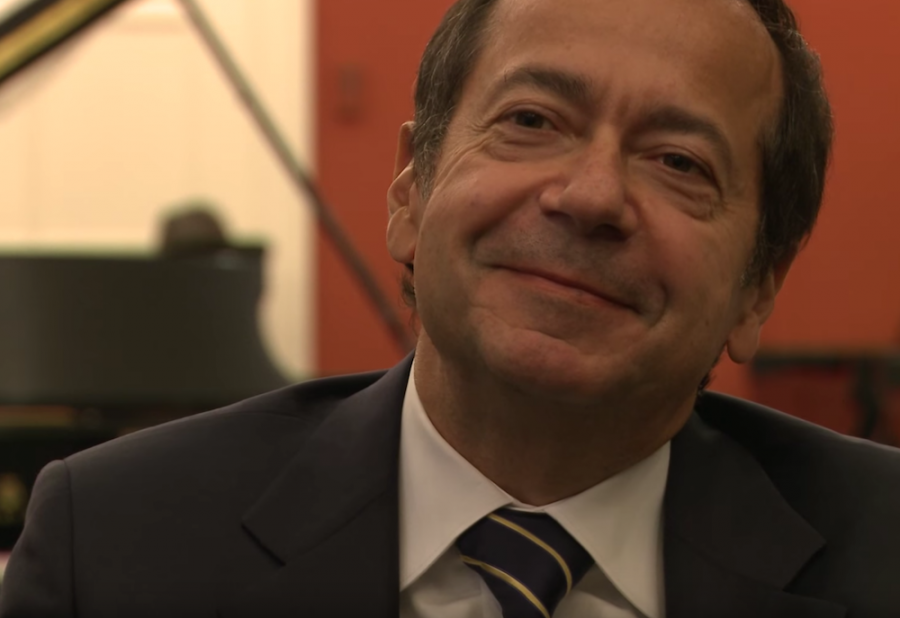
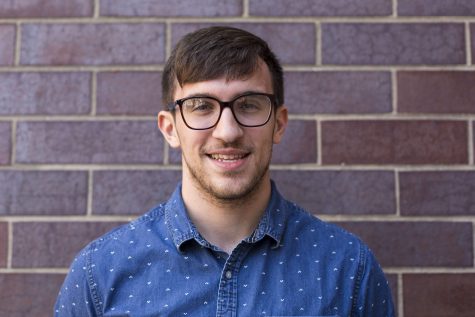

RC • Dec 3, 2016 at 3:32 pm
“If NYU isn’t willing to provide one seat to a student, I don’t know why they should be willing to provide one seat to John Paulson, a guy who has contributed so significantly to a campaign that is so discriminatory and so dangerous to the future of our country.”
Maybe when Mssr. Weber donates $20 mm to NYU, then he can also have his seat on the Board.
S. Nichols • Dec 2, 2016 at 12:50 pm
“It is concerning that someone high up within the administration has direct connections to an individual who has caused the perpetuation of violent acts against Muslims and other minority groups,” Khan said. Donald Trump has no direct or indirect connection to the perpetuation of violent acts against Muslims. Human beings are not robots, we have our own minds and the election related hate that has surfaced (and might I add against Trump supporters too) is that person’s choice to do that. Donald Trump is not connected to what a person thinks and chooses to do. Lastly, every university board has members that have views that conflict with the university ‘s values. Last time I checked, this is a free country and we are allowed to have our own values, thoughts and opinions and as long as we don’t break the law in anyway with those values, it is fine.